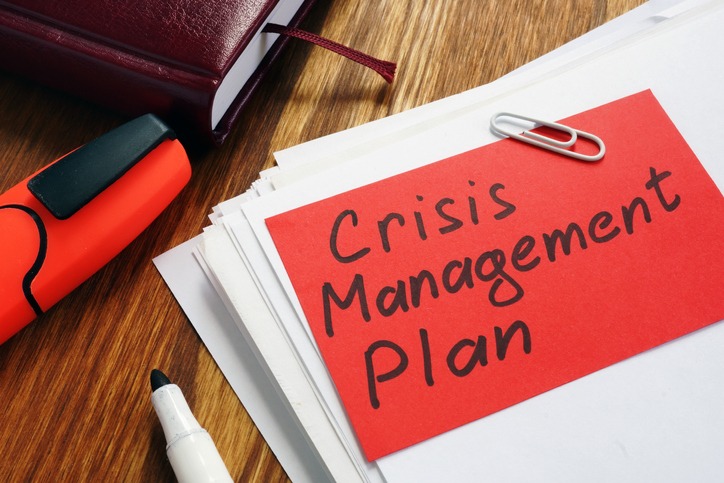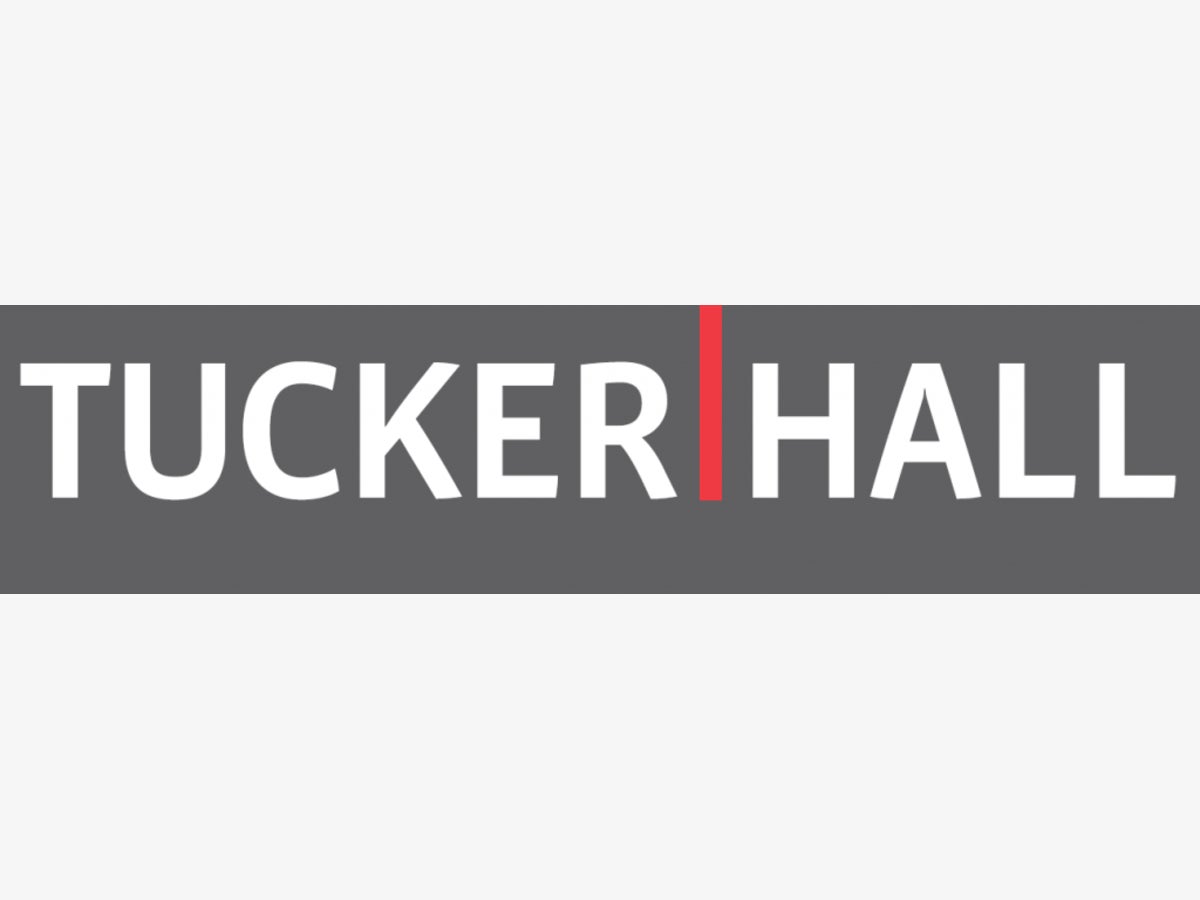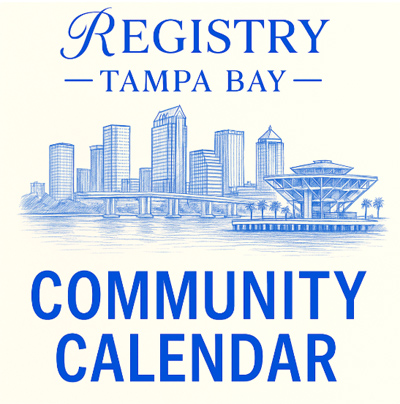Tucker/Hall, the national PR and communications consulting firm based in Tampa, usually works with its clients on just one aspect of their business: strategy, crisis or planning. With the pandemic, says COO Darren Richards, companies are seeking counsel on all three.
Tucker/Hall began reaching out to its clients about COVID-19 in February when the virus first began appearing in the U.S., and after watching how it was affecting other countries. Though most of the time the firm gets involved with crisis planning and management after something happens, this time it was possible to do some good preparation with clients to get them ready in the event of a shutdown.
I spoke to Richards in early May, and he described the kinds of questions that had been raised with clients. What would working remotely look like for their companies? What if they were able to stay open? And what would they do to make customers and employees feel safe? And, once government-ordered shutdowns began, that’s when companies started calling Tucker/Hall for help and discussing “what if” scenarios.
Next, businesses had to adapt their products and services to see what customers needed during this time and how to get it to them. Delivery services became a big need and new clients came on board needing help with planning and implementing.
Once businesses were able to re-open, companies had to adjust to the new normal. Richards sent me a copy of Tucker/Hall’s Five Tips for Reopening after we spoke, but by the time I received his email the world had turned upside down. The Black Lives Matter protests in the wake of the George Floyd killing were sweeping the nation and coronavirus cases were on the uptick.
I circled back with Darren to get his viewpoint on these new circumstances. He shared that Tucker/Hall had been helping a lot of clients manage their responses to racial justice protests over the last few weeks. Business owners were getting criticized if they didn’t say anything and then criticized when they did say something, their statements taken as trite and insincere. They’d gone back to the old playbook, but this is not the same.
The 2020 version of the same-old, same-old is “We’re listening and learning.” But that is not enough. People are expecting action plans and to see those action plans implemented. They’re looking for systemic changes.
Richards says that for leaders, now is not the time to point toward existing diversity and mentoring programs. They have to instead start asking, “‘How do I make that program better – what could we do better?’ And they need fresh eyes and a full assessment.” He recommends bringing in an outsider to do a 360-degree view of the company, to think beyond what they have done in the past, and possibly put a council together of employees to discuss issues and brainstorm solutions.
Meanwhile, there’s the new wave of COVID-19 cases to deal with.
The hardest challenge right now is that people don’t know whether the information they are getting is accurate. And without correct information, it’s hard to make decisions. Richards recommends that owners follow the CDC guidelines and take precautions accordingly, as that agency’s information is usually the most reliable.
He is working with clients to determine if their old business plan works for the new normal and talk through what they need to do differently if it doesn’t.
We discussed, for instance, how quickly restaurants are having to adapt these days, especially when they discover that employees are testing positive.
He explained that the best way to handle the situation is to follow Step 1 in Crisis Management: Tell the Truth, The Whole Truth and Tell It Quickly. You need to issue crystal-clear statements about what is going on. If you’re having to explain your messages, you are already losing.
He recommends that businesses prepare for the worst and figure out next steps, as they continue to stay open during this next wave.
I asked if any particular industry was reaching out to Tucker/Hall more than others. He replied that clients across the board are being affected by these crises. They’re affecting every industry out there, and no one is immune.






